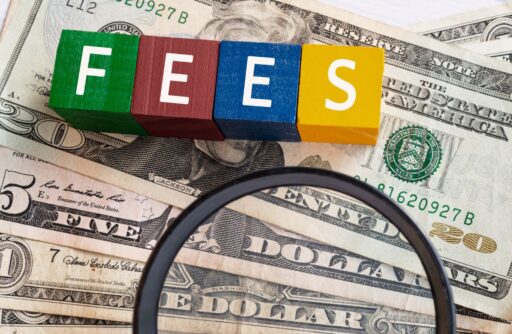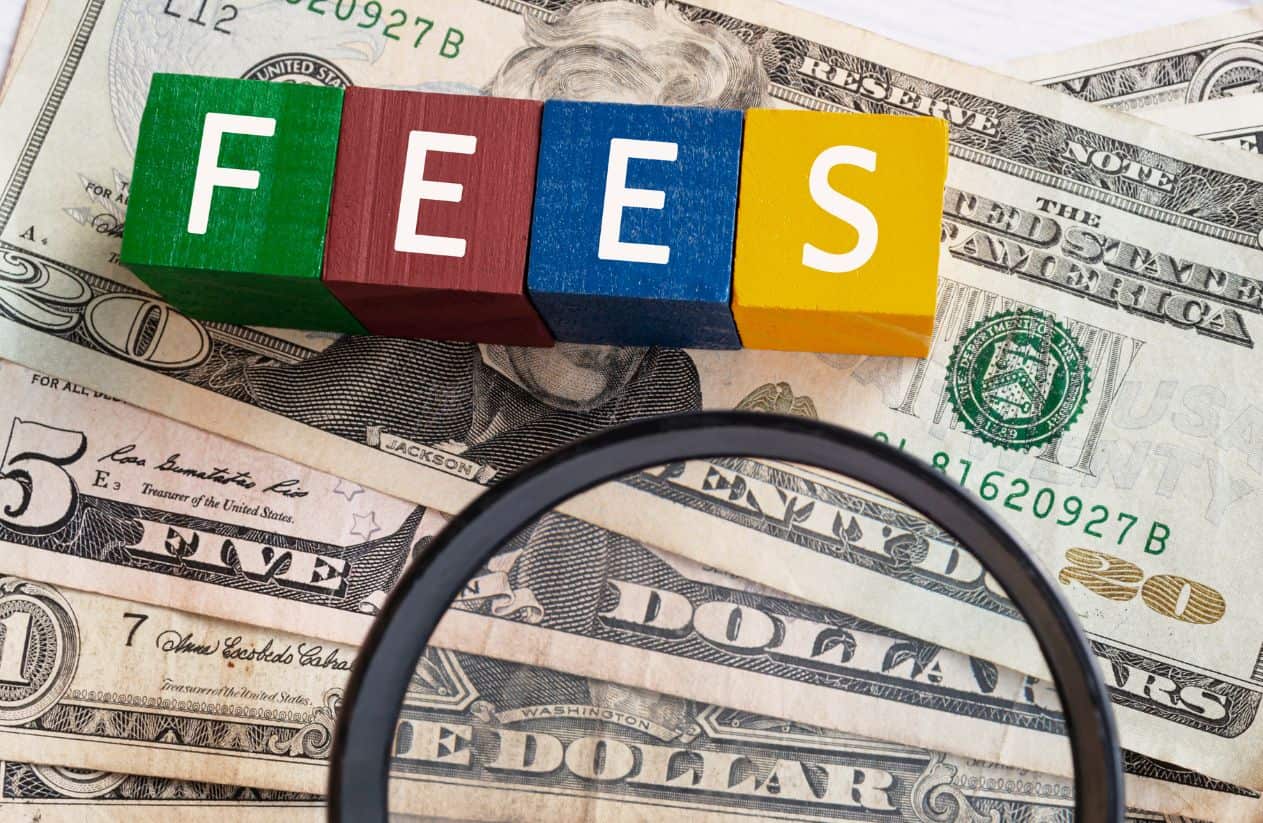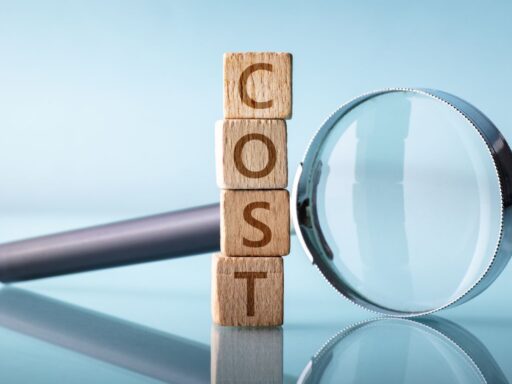The world of events is constantly shifting, and 2025 is no exception. We’ve seen significant changes, from the rise of hybrid gatherings to a sharper focus on budget consciousness, all of which reshape the vital role of an event planner.
For artists like musicians, DJs, and entertainers, a seamless performance isn’t just about talent; it’s often the result of meticulous planning behind the scenes. That’s where a skilled planner becomes your unsung hero, ensuring your spotlight moment goes off without a hitch.
This guide will help you decode Event Planner Fees, explore current trends, and equip you with negotiation strategies, ensuring you maximize your investment in today’s dynamic event landscape. Get ready to master the art of smart event collaboration!
Deciphering Event Planner Fees: The 2025 Structures

When you’re looking to bring an event to life, understanding how event planners charge for their expertise is your first step toward smart budgeting. Just like every gig is different, so too are the ways planners structure their Event Planner Fees.
Here’s a breakdown of the most common models you’ll encounter in 2025, helping you choose the right fit for your unique needs.
A. The “All-Inclusive” Flat Rate: This is perhaps the most straightforward option: a single, agreed-upon price that covers all the planner’s services for your event. It’s fantastic for events with a clearly defined scope, like a small corporate launch or a straightforward private party. The beauty here is predictability – you know the cost upfront.
However, in 2025’s dynamic event scene, it’s absolutely crucial to get crystal clear on what exactly is included in that flat rate, and more importantly, what isn’t. Unexpected add-ons can quickly derail a fixed budget, so read that contract carefully!
B. The Percentage Play: Adapting to Event Scale: Many planners opt to charge a percentage of your event’s total budget, typically ranging from 10% to 20%. This model can be quite transparent, as the planner’s fee scales with the complexity and size of your event.
It means their incentive is aligned with yours – they want your event to be successful, often leading to a larger overall budget and thus a higher fee for them. For 2025, with fluctuating vendor costs and supply chain nuances, a key consideration is clarifying precisely which expenses are included in the base calculation.
Make sure you understand if their percentage is based on all costs (venue, catering, entertainment, etc.) or just a subset.
C. The Flexible Hourly Rate: If you’re a hands-on artist who prefers to manage most of the planning yourself but needs expert guidance for specific elements, the hourly rate might be your sweet spot. This model is perfect for consulting, partial planning services, or those last-minute emergencies.
You pay only for the time the planner dedicates to your project, offering immense flexibility. For artists in 2025, this can be crucial for managing costs on smaller or more DIY-heavy gigs, allowing you to tap into professional expertise exactly when and where you need it without committing to a full-service package.
D. Emerging Models: Retainers and Tiered Packages: Beyond these core structures, you’ll increasingly see planners offering initial retainer fees (an upfront payment that secures their services and is often deducted from the final bill) or tiered service packages.
These packages typically bundle different levels of service (e.g., “Day-Of Coordination,” “Partial Planning,” “Full-Service Planning”) at varying price points, giving you more options to align with your specific needs and budget.
Related Content: Effective Communication Tips for Booking Live Performers
Beyond the Price Tag: 2025 Factors Influencing Your Event Planner’s Costs
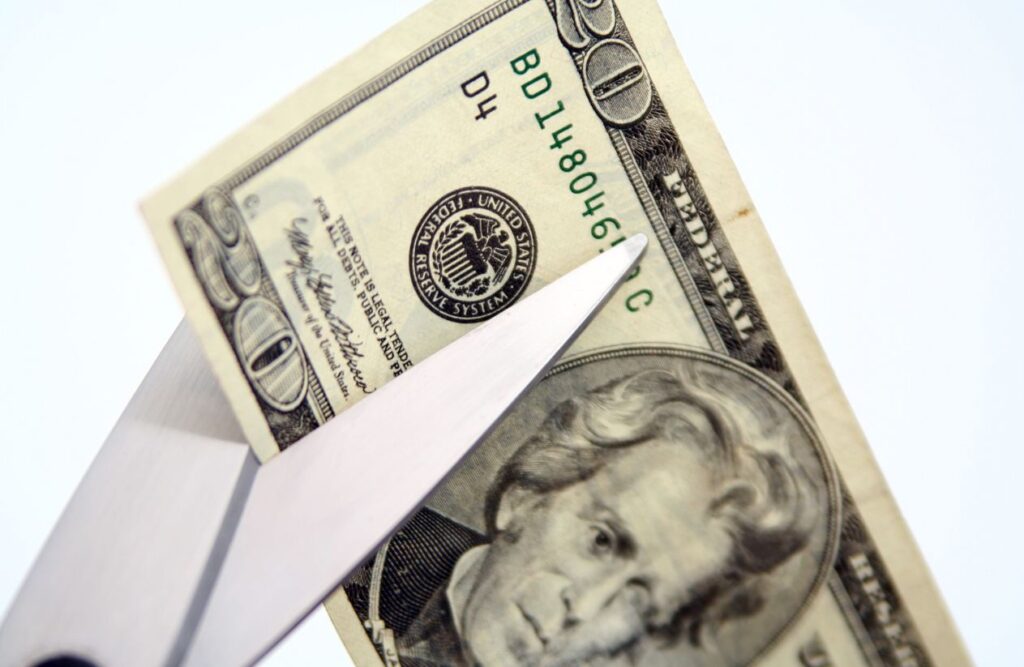
While understanding fee structures is crucial, the actual cost of an event planner goes far beyond their chosen pricing model. Several interconnected factors significantly influence the final bill, especially in the evolving landscape of 2025.
Thinking about these elements early can help you navigate the event planner fees guide with much more clarity.
A. Decoding Event Scale: More Than Just Headcount: It’s easy to assume “size” just means the number of guests, but it’s far more nuanced. In 2025, event scale also encompasses the duration of your event, the number of distinct activities or sessions planned, and the overall space requirements.
Are you managing a multi-day conference with breakout sessions, or a single evening performance? The complexities of managing hybrid audiences – seamlessly integrating virtual attendees with in-person experiences – or coordinating multiple zones within a large venue (think main stage, VIP lounge, interactive exhibits) all demand more time, resources, and expertise from a planner, directly impacting their workload and, subsequently, their fees.
B. Location: Geographical Realities in 2025: Where you choose to host your event can dramatically swing the cost pendulum. Premium metropolitan areas or cities renowned for their event infrastructure often come with higher price tags, not just for venues but also for local services, labor, and even transportation.
Conversely, opting for a regional venue or a less-trafficked city might offer significant savings. Planners operating in high-cost areas will naturally have higher overheads, which are reflected in their rates.
Additionally, consider the logistical challenges and travel requirements for the planner themselves if the location is remote or requires extensive coordination from afar. Market demand in specific areas for certain types of events can also play a role in pricing.
C. Complexity Unpacked: The Intricacies That Add Up: This is where events truly start to differentiate themselves, and where costs can escalate quickly. An event requiring specialized audio-visual setups (think intricate lighting for a theatrical performance or complex sound engineering for a concert), elaborate decor, unique tech requirements (like interactive installations or custom apps), or a high level of personalization will naturally incur higher planning fees.
The more custom experiences you want to offer, from bespoke catering menus to personalized attendee journeys, the more detailed and time-consuming the planning becomes.
Furthermore, managing multiple vendors (sound engineers, lighting designers, caterers, florists, security, etc.) and orchestrating complex timelines, especially critical in the fast-paced, often last-minute world of 2025 events, demands meticulous coordination and adds significant value to a planner’s services.
Budgeting Smart for Your Event Planner: A Musician/DJ’s Essential 2025 Guide

Now that we’ve peeled back the layers of how event planners charge and what influences their rates, it’s time to talk practicalities: how do you budget for one?
For musicians, DJs, and entertainers, integrating a planner’s cost into your overall event finances is a strategic move, not just an expense. It’s all about understanding event planner fees in the context of your own bottom line.
A. Where the Planner Fits: Your Overall Event Financial Picture: Before you even think about a planner’s fee, get a firm grasp on your total event budget. As an artist, your primary expenses likely revolve around your performance: your fee, specialized equipment rentals, and any travel or accommodation.
Once these core costs are accounted for, you can then realistically allocate a portion of your remaining budget to planning services. Think of it as investing in the smooth execution and overall success of your gig.
B. The 10-15% Rule of Thumb (and when to break it in 2025): A common guideline suggests allocating around 10-15% of your total event budget to planning services. This can be a helpful starting point. However, in 2025, this “rule” is more flexible than ever.
Why? Because the actual percentage can swing significantly based on the event’s complexity, the planner’s experience and reputation, and the current market rates in your specific location.
For a highly intricate event or a top-tier planner, that percentage might climb higher, while simpler events or more junior planners could fall below it. Don’t be afraid to adjust based on your unique needs.
C. Prioritizing Services: What You Truly Need: Not every event requires a full-service planner. Take a good look at your event’s demands and your own capabilities. Can you handle venue scouting, but need help with vendor coordination? Are you comfortable with promotion, but dread the on-site logistics? Identify which aspects you can realistically manage yourself versus where professional expertise is truly indispensable.
Opting for partial support or specific consulting can save you money while still providing crucial assistance, especially in areas that directly enhance your performance setup and delivery, like sound checks, stage layout, or technical rider fulfillment.
D. Leveraging Technology for Cost-Effectiveness: The digital revolution continues to reshape event planning in 2025. Many digital tools and platforms can streamline aspects like guest registration, communication, and even basic scheduling.
While these tools don’t replace a planner, they can make certain tasks more efficient. Discuss with potential planners how they utilize technology; a tech-savvy planner might be able to offer more streamlined services, potentially influencing their overall fees or allowing them to focus their time on more complex, value-added tasks.
Negotiating Like a Pro: Strategies for Artists in 2025

So, you’ve got a handle on event planner fees and how to budget for them. Now comes the part that can feel a bit daunting for many artists: negotiation. But don’t fret! Approaching this conversation with confidence and strategy can ensure you secure fair compensation and conditions that truly let your artistic brilliance shine.
A. Understanding Your True Artistic Value: Before you even step into a negotiation, take a moment to truly understand your worth. This isn’t just about your raw talent; it encompasses your ability to draw a crowd, your social media presence, your unique offering, and your track record of successful past performances.
Do your homework: research what comparable artists in your genre and region are charging in 2025. Being well-informed about market rates gives you a solid foundation and confidence to stand firm on your value.
B. The Power of Crystal-Clear Communication: Effective communication is your best friend in any negotiation. Be upfront and articulate about your requirements and expectations. This includes everything from your technical rider (sound, lighting, stage dimensions) to your performance needs (set times, breaks) and remuneration.
However, communication is a two-way street. Actively listen to the planner’s budget constraints, logistical challenges, and overall vision for the event. This mutual understanding fosters a collaborative environment, paving the way for a more productive discussion rather than a standoff.
C. Preparation and Strategic Flexibility: Come to the table prepared. Have a well-structured proposal for your services ready, detailing your performance specifics, technical needs, duration, and pricing. While preparation is key, so is strategic flexibility. Event planners often operate within tight budgets and rigid frameworks.
Demonstrating a willingness to adapt on certain points (while holding firm on your non-negotiables) can make you a much more appealing artist to work with. Always know your absolute “must-haves” before discussions begin – whether it’s specific sound quality, minimum stage space, or a certain payment schedule – and don’t compromise on those.
Crucial Questions to Ask Your Event Planner (2025-focused):
- “What are your typical communication methods and response times throughout the planning process?”
- “How do you handle unexpected challenges or last-minute changes on event day?”
- “Can you provide references from other artists or clients for events similar to mine with live performers?”
- “What specific services will you provide that directly support my performance setup and execution?”
D. Understanding the Contract: Your Blueprint for Success: Once terms are discussed, the contract is your final safeguard. Don’t rush through it! This document is your blueprint for a successful collaboration.
Key elements to meticulously review include the detailed scope of work, the payment schedule (including deposits, milestones, and final payments), any cancellation clauses, and specific service delivery dates. Ensure everything you’ve agreed upon verbally is clearly stipulated in writing to avoid any misunderstandings down the line.
Maximizing Your Investment: The Unseen Value of an Event Planner for Artists

You’ve put in the effort understanding event planner fees, budgeting wisely, and even mastering the art of negotiation. But the true value of a skilled event planner often extends far beyond the line items on an invoice. For artists, their expertise translates into something invaluable: the freedom to focus on your craft and deliver an unforgettable performance.
A. Seamless Performance Logistics: Imagine walking into a venue knowing every technical detail is handled. A great event planner takes on the heavy lifting of logistics, from ensuring your technical rider is met precisely (think sound equipment, lighting cues, stage dimensions) to coordinating sound checks and managing the stage flow.
They’ll also ensure your artist green room is ready and comfortable. This meticulous attention to detail means you’re not juggling technical issues or chasing down venue staff; you’re simply preparing to shine.
B. Problem Solvers, Not Problem Creators: Events, by their very nature, are unpredictable. Microphones can suddenly cut out, a crucial prop might be missing, or the schedule could unexpectedly shift.
This is where a planner truly earns their keep. They are master problem-solvers, adept at mitigating risks, troubleshooting issues on the fly, and navigating unforeseen challenges with grace and efficiency. Their ability to handle these curveballs ensures your performance isn’t disrupted, protecting your reputation and the audience’s experience.
C. Networking and Opportunity Expansion: A positive working relationship with an event planner can open doors to future opportunities. Planners are deeply connected within the industry, working with a wide array of clients, venues, and other vendors.
Impressing a planner with your professionalism and performance can lead to direct referrals for future gigs. They might even become an advocate for your talent, recommending you for events you might never have discovered on your own, effectively expanding your network and potential bookings.
Common Pitfalls When Hiring Event Planners (and How to Dodge Them in 2025)
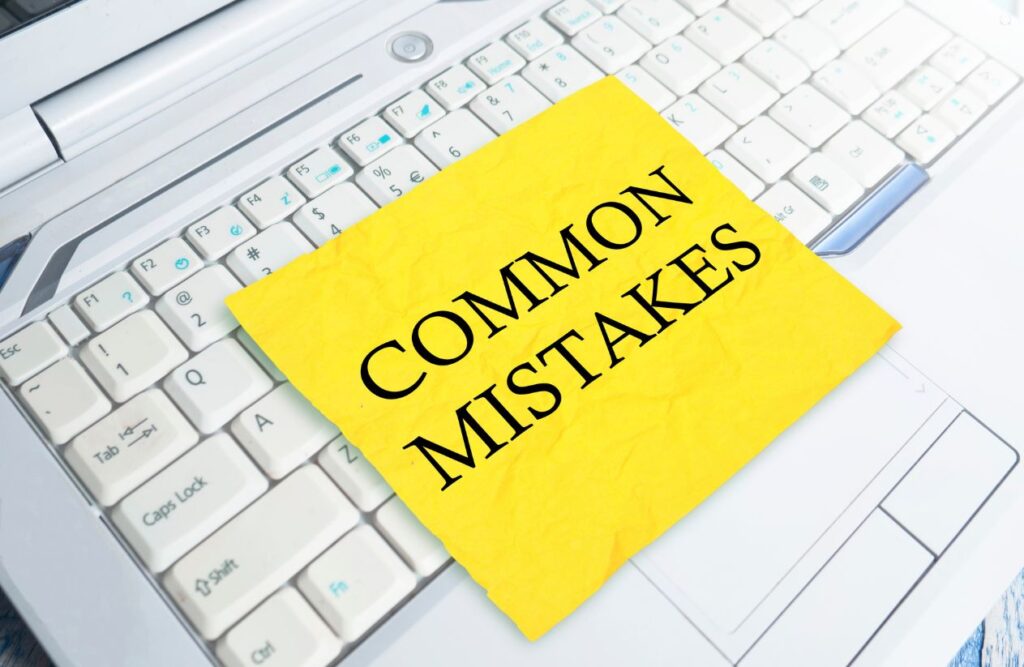
Even with all the right intentions, navigating the world of event planning can have its hidden traps. For artists, being aware of these common pitfalls when hiring an event planner in 2025 can save you headaches, budget woes, and ensure a smoother collaboration.
A. Overlooking Hidden Costs: One of the most frustrating surprises can be unexpected charges. Always budget for potential “hidden” costs like taxes, gratuities for staff, overtime fees for venue or crew, or unforeseen surcharges for last-minute changes.
A thorough planner will be transparent about these, but it’s your responsibility to ask and ensure they’re accounted for in your overall event budget. Don’t assume the quoted fee covers absolutely everything.
B. The Vague Scope Trap: A poorly defined service agreement is a recipe for disaster. If the contract doesn’t meticulously detail what the planner is responsible for (and what they aren’t), you’re vulnerable to scope creep or unmet expectations.
Why is a meticulously detailed service agreement paramount? Because it protects both parties, clearly outlining deliverables, timelines, and responsibilities. Ensure every task, from vendor communication to day-of coordination, is explicitly listed.
C. Communication Breakdown: Even the most skilled planner can’t read your mind. A lack of consistent and clear dialogue throughout the planning process is a significant pitfall. This can lead to misunderstandings, missed deadlines, or details that don’t align with your vision.
Make sure you establish preferred communication methods and response times early on. Regular check-ins, clear agendas for meetings, and prompt replies are essential for a successful partnership.
D. Underestimating Planning Time: While planners are efficient, robust event planning takes time and expertise. Underestimating the hours and effort required can lead to rushed decisions, increased stress, and potentially higher costs if expedited services are needed.
Recognize that a professional planner dedicates significant time to research, coordination, negotiation, and problem-solving. Respecting this timeline and engaging a planner well in advance allows for more thorough planning and often, better outcomes.
Related Content: Also read our article about Guide to Creating a Wedding Band Website That Books More Gigs
Conclusion: Your Confident Approach to Event Planning in 2025
Navigating the complexities of event planning doesn’t have to be a solo act, especially for artists focused on delivering an unforgettable performance. By now, you’ve gained invaluable insights into Event Planner Fees – from understanding their various structures and the factors that influence costs, to mastering smart budgeting and effective negotiation strategies.
Remember, a well-chosen event planner isn’t just an expense; they’re a strategic partner who empowers your artistic journey. They handle the intricate logistics, troubleshoot unexpected issues, and can even open doors to new opportunities.
With this knowledge, you’re equipped to dodge common pitfalls and make informed decisions. Your next step is to confidently apply these insights to your upcoming gigs, finding the perfect planning partner who allows you to shine brightest on stage, every single time.
Understanding Event Planner Fees- FAQ Section
When navigating the realm of event planning, both performers and organizers often have questions regarding how fees are determined and what they can expect throughout the process.
This section aims to demystify some of these aspects, providing clarity on what goes into event planner pricing.
What factors affect how much event planners charge?
Event complexity, size, location, and the planner’s experience all play a role. Planners may charge flat fees, hourly rates, or a percentage of your total event budget.
Why are event planners worth the cost?
Planners can save you time and money. They have industry connections, strong negotiation skills, and can prevent or solve problems that might cost you more in the long run.
As a performer, how do planner fees affect me?
Your event planner may handle contracts and logistical details, but be aware their fee might come out of your compensation. Discuss this openly with your planner and the event organizer beforehand.
As an organizer, how do I understand the value of the fee?
Ask your planner for a detailed breakdown of their services. This should include things like vendor management, on-site coordination, and their experience level.
